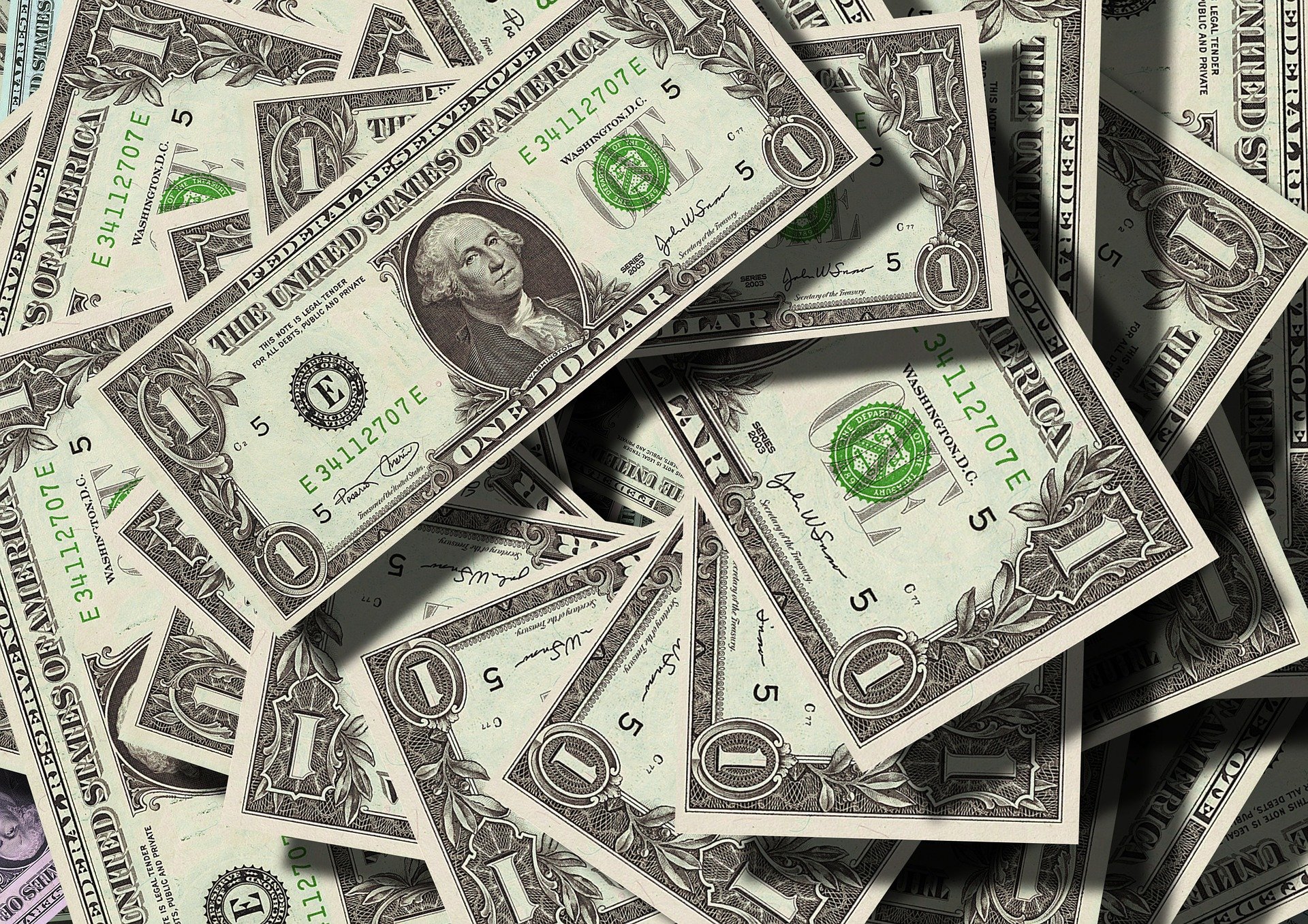In the wake of the new omicron covid-19 variant, pessimism about the United States’ economy near-term outlook has risen to an 18-months all-time high as inflation rates continue to hit new all-time highs.
The IBD/TIPP latest poll report has revealed a major paradigm shift in investors’ perception that has seen most of the group showcase pessimism about the future of the USD as they turn bearish about its outlook. According to the IBD/TIPP report, the percentage of investors that feel bearish in the total population examined by the poll is at a five-year all-time high.
The IBD/TIPP Poll Report
The report on the latest poll has revealed the result of the survey poll conducted on the investing community in the country. The poll utilizes a metric known as the IBD/TIPP Economic Optimism Index; the early month release on consumer confidence leveraged on the Optimism metric dropped by 3.7 points to 44.7 points, a record abysmal level of consumer confidence. Readings below the 59 point halfway mark represent pessimism on the scale.
Fluctuations in sentiments have become commonplace amongst Americans, as is reflected in their rollercoaster of experiences, ranging from the two waves of the pandemic to the consequent hot and cold fiscal stimulus. Regardless of these, the country’s overall economy and job market continue to make strides positively, with the employment rate falling to around 3.9% at the end of the year.
Investors Turn Bearish
As the US rates continue to spike and Treasury yields increase overall, and the tech sector underperforms in the stock market, the IBD/TIPP optimism metric gauge tumbled by over 9.6 points to just below 50 points 48.8 points amongst surveyed investors. This is the lowest level recorded since September 2016.
The Nasdaq 100 index fielded a significant loss on Monday for the first time since elections in 2020, falling below its 200-day small moving average (SMA) line. Price corrected itself shortly after the reversal, but sentiments suggest bearish inclinations for the index group.
Individuals considered as investors by the IBD/TIPP poll own at least $10,000 worth of proprietary mutual funds or equities.
Investors remain far more optimistic than non-investors despite their overall pessimistic outlook on the economy. The optimism metric for non-investors fell far more drastically than their investing counterparts to a low of 42.7.
Rising Inflation Stress Americans
The IBD/TIPP Financial Related Stress Index increases by over 1.1 to 66.2 points, a two-year record high since April 2020. The Metric scale interprets readings above the 50 mark halfway as rising stress and point relative stress reduction below the mark. The stress index dropped to a Covid-19 period low of 56.8 in April after the third disbursement of the America stimulus check.
The spike in inflation can partly be blamed for the spike in financial stress. The consumer price index (CPI) jumped by over 6.8% from November last, a 39-year record high.
The IBD/TIPP report reveals that more than 85% of Americans have shown concerns about rising inflation for this year from last month’s 84%.
Wages have increased to compensate for rising inflation levels, but they still fail to keep up with the increasing inflation rates. The December Non-Farm Payroll (US Jobs Report) reported that the average hourly wage rose by over 4.7% from last year.

